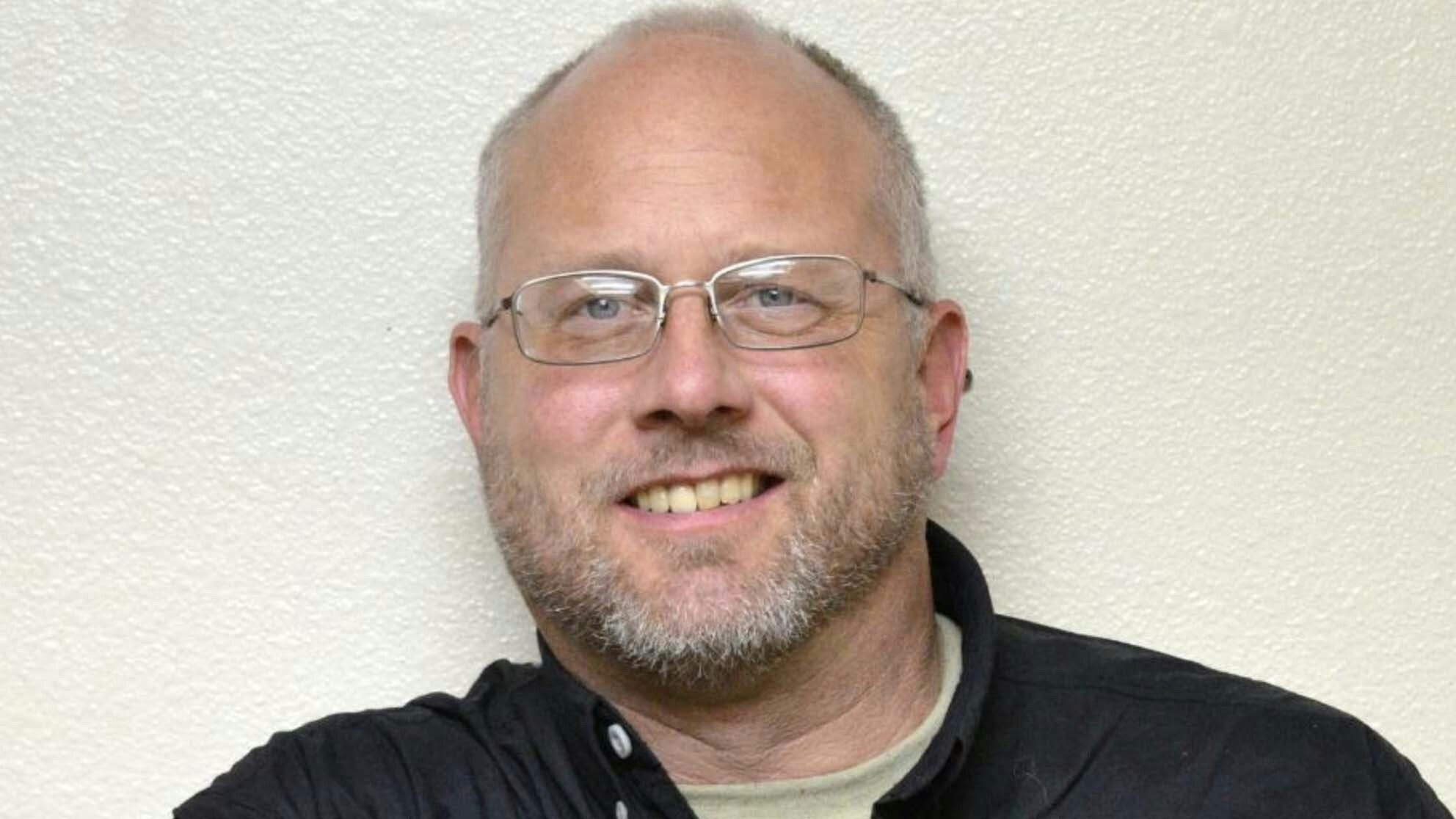On May 1, 2020, then-secretary of state, Ed Buchanan, claimed emergency powers to change election practice due to the novel coronavirus state of emergency. Citing Wyoming Statute 22-2-121(f) Buchanan issued a two-pronged directive to Wyoming’s county clerks:
“1. To ensure compliance with CDC recommendations, …I direct you to apply the provisions regarding when satellite absentee polling places be open in accordance with Wyoming Statute § 22-9-125(a)(ii) to all absentee polling places…” And “2. …I direct you to establish a drop box that may be used for voters to vote their absentee ballot…” (Directive No. 2020-02).
Shortly afterwards, Buchanan abruptly amended this directive by deleting the entire second paragraph that required drop boxes (Directive 2020-02 Amended, May 19, 2020). He accompanied this amendment with a memo titled, “Clarification on Acceptable Use of Drop Boxes & Amended Directive No. 2020-02” (May 19, 2020).
Buchanan explained: “A few counties implemented drop boxes several years ago, however, the use of them under our existing law has been brought to light as a result of this pandemic.” Say again?!
Not only had a handful of county clerks introduced drop boxes without a directive from Wyoming law, but they had done so without a formal rule-making process. Wyoming’s chief election officer only learned of it after publishing Directive 2020-02.
Fremont County Clerk, Julie Freese, recently told reporter Katie Roenigk that drop boxes were introduced “about ten years ago.” Apparently, Buchanan’s Directive 2020-02 raised an awkward question: If drop boxes are authorized by coronavirus emergency powers—as he first claimed—by what authority had Freese and other county clerks authorized them?
Did these county clerks seek statutory interpretation from their county attorneys or from their county commission? Freese told me via email, “It is a local control option which I have reviewed recently with my County Attorney…”
It gets worse. Buchanan went on to say, “I understand that the information within this memo may seem contradictory to what members of my staff have already conveyed.” Could staffers in the Secretary of State’s office make a major change to Wyoming elections without so much as informing the secretary?
Buchanan wrote the memo to provide formal “clarification as it pertains to the current and future use of ballot drop boxes.” Were there no uniform rules prior to May 19, 2020? Apparently not. And since Freese indicates that the use of drop boxes goes back to 2014, one must wonder whether Max Maxfield or Ed Murray were equally uninformed.
Drop boxes deserve deeper consideration than a six-years-after-the-fact memo. They should have followed the same rigorous rulemaking process that applies to all other election rules. The process should have started with the secretary of state, taken input from legislators and county clerks, and especially involved Wyoming’s voters.
Wyoming law plainly requires that absentee ballots be “mailed or delivered to the clerk” (W.S. 22-9-113). The clerk is then required to “mark on each completed inner envelope the date and time of receipt” (W.S. 22-9-114).
Julie Freese told the reporter, “If I have an option for you to put it in the box and it’s secure, (that) is delivery, That is my interpretation.” That may be her interpretation, but it is not the interpretation of reputable courts.
In 2022, the Wisconsin Supreme Court upheld the ruling from a lower court in a nearly identical case. It ruled, “The prepositional phrase ‘to the municipal clerk’ is key and must be given effect… An inanimate object, such as a ballot drop box, cannot be the municipal clerk.”
Not only does Freese’ interpretation fail to address the prepositional phrase, “to the clerk,” it also completely omits the requirement to mark the “time of receipt.” If insertion into a drop box counts as delivery “to the clerk,” the clerk is required by statute to mark the time that the ballot is dropped—not the time that it is collected from the box. This represents a second violation of Wyoming law.
After Secretary Buchanan abruptly resigned in the middle of the 2022 election, Secretary Karl Allred tried to clean up this mess with a friendly letter. Sixteen clerks took his advice, but seven simply ignored him.
Kayla White (Albany), Gwynn Bartlett (Carbon), Karen Rimmer (Converse), Julie Freese (Fremont), Debra Lee (Laramie), Cynthia Lane (Sweetwater) and Maureen Murphy (Teton) have now upped the ante by defying the official ruling of current Secretary of State, Chuck Gray.
After bypassing the formal rulemaking process for five administrations, litigation may be the only way forward. By discovery, we can learn what happened. And by court authority, Wyoming voters can again be treated equally.
Jonathan Lange is a Lutheran Church—Missouri Synod pastor in Evanston and Kemmerer and serves the Wyoming Pastors Network. Follow his blog at https://jonathanlange.substack.com/. Email: JLange64@protonmail.com.





